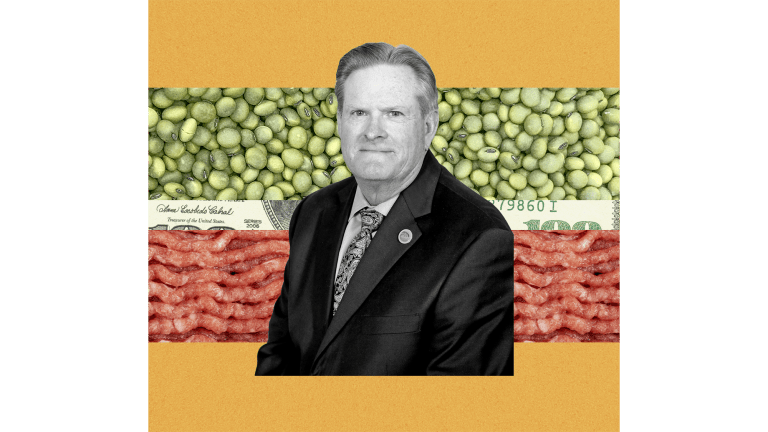ROME — The fishing industry must do more to confront the effects of climate change as well as get a grip on the perennial problem of overfishing, said a UN report to be published Monday.
The State of World Fisheries and Aquaculture report said responsible fishing practices must be more widely implemented and called for new strategies to cope with climate change.
“Climate change is already modifying the distribution of both marine and freshwater species. Warmer-water species are being pushed towards the poles and experiencing changes in habitat size and productivity.
“And climate change is affecting the seasonality of biological processes, altering marine and freshwater food webs, with unpredictable consequences for fish production,” the study said.
Urgent efforts are needed to help fishing communities strengthen their resilience to climate change, especially those who are most vulnerable, said Kevern Cochrane, one of its authors.
The report, compiled by the UN’s Food and Agriculture Organization, said the key problem was still overfishing and warned that communities relying heavily on fishing could face serious problems if stocks continue to dwindle.
Overfishing, which affects 19 percent of major commercial fish stocks monitored by the FAO, was being facilitated by a higher number of trawlers in operation and increasingly effective technology, it said.
Areas with the highest levels of fully-exploited stocks are the northeast Atlantic, the western Indian Ocean and the northwest Pacific, the FAO said.
It also criticized paltry efforts to regulate bottom-trawl fishing, manage shark fisheries and tackle illegal fishing, saying there had only been “limited progress”.


